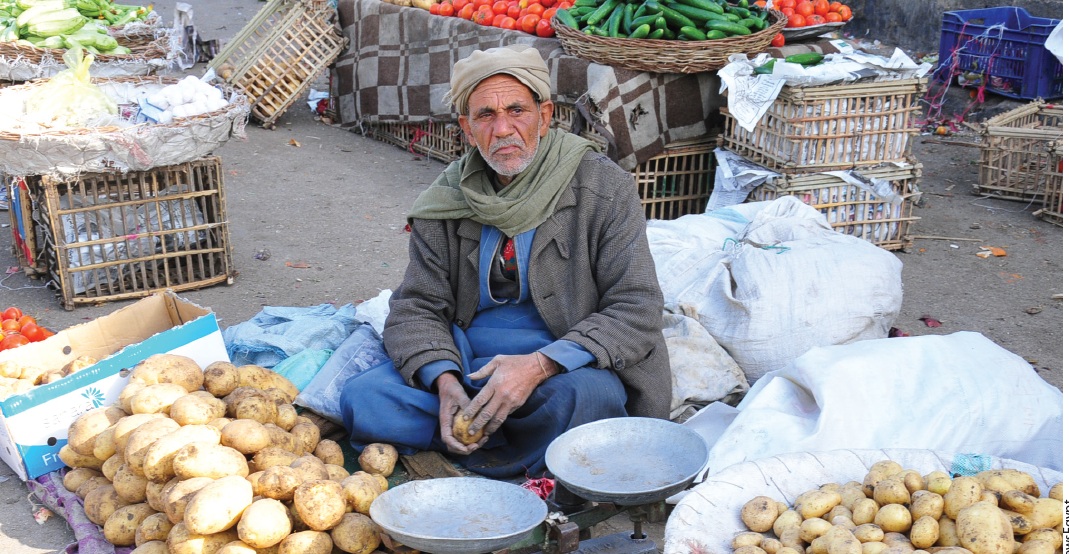Osama Rabie, Chairperson of the Suez Canal Authority (SCA), met on Wednesday with a senior delegation from A.P. Moller–Maersk Group to explore opportunities for renewed cooperation and a potential resumption of canal transits. The meeting, held at the SCA headquarters in Ismailia, came as part of Maersk’s official visit to Egypt.
The delegation was led by Camilla Jane Holtz, Vice President for Public Policy and Regulatory Affairs, and included regional representatives from key global markets: Hani El-Nady (Middle East and North Africa), Simon Bergulf (Europe), Doug Morganti (North America), Jens Eskelund (China and Northeast Asia), René Beil Pedersen (South and Southeast Asia), and Danilo de Morais Pires (Latin America).
Rabie welcomed the delegation, describing the visit as a reaffirmation of the strategic and enduring partnership between the SCA and Maersk — one based on mutual interests and a shared commitment to the stability of global trade.
Acknowledging the ongoing challenges in the Red Sea region, Rabie highlighted the impact on shipping routes, particularly with increased costs and extended transit times. He urged Maersk to reassess its current routing decisions and consider a gradual return to Suez Canal transits in light of improving security conditions. He also referenced the SCA’s recently introduced incentive program — including a 15% discount for large container vessels — aimed at encouraging a return to the vital waterway.
“The global shipping community has responded positively,” Rabie noted, adding that regional and international momentum now supports practical solutions to restore navigational freedom in the Red Sea.
Camilla Holtz reaffirmed Maersk’s appreciation of the canal’s strategic importance, emphasizing a relationship that spans over a century. “The Suez Canal remains vital to our operations,” she said. “We are closely monitoring the evolving security landscape and remain committed to resuming navigation through the canal when conditions allow.”
Holtz also commended the SCA for its ongoing engagement with international shipping lines and described the new incentives as “a constructive and welcome move.”
Hani El-Nady confirmed that the Suez Canal remains Maersk’s preferred route, stating that recent positive regional developments are under careful review. Doug Morganti expressed optimism for a full return to stability in the Red Sea, noting that vessel and crew safety remains a top priority.
Jens Eskelund stressed the canal’s essential role in global supply chain sustainability, acknowledging the significant disruption caused by the Red Sea crisis. He praised the SCA for its responsive and effective crisis management.
René Beil Pedersen echoed the sentiment, describing the canal as a “critical artery for global trade” and expressing hope for a near-term return to normal operations. Danilo de Morais Pires added that the Suez Canal stands as a model of strategic infrastructure management and resilience in the face of crisis.




